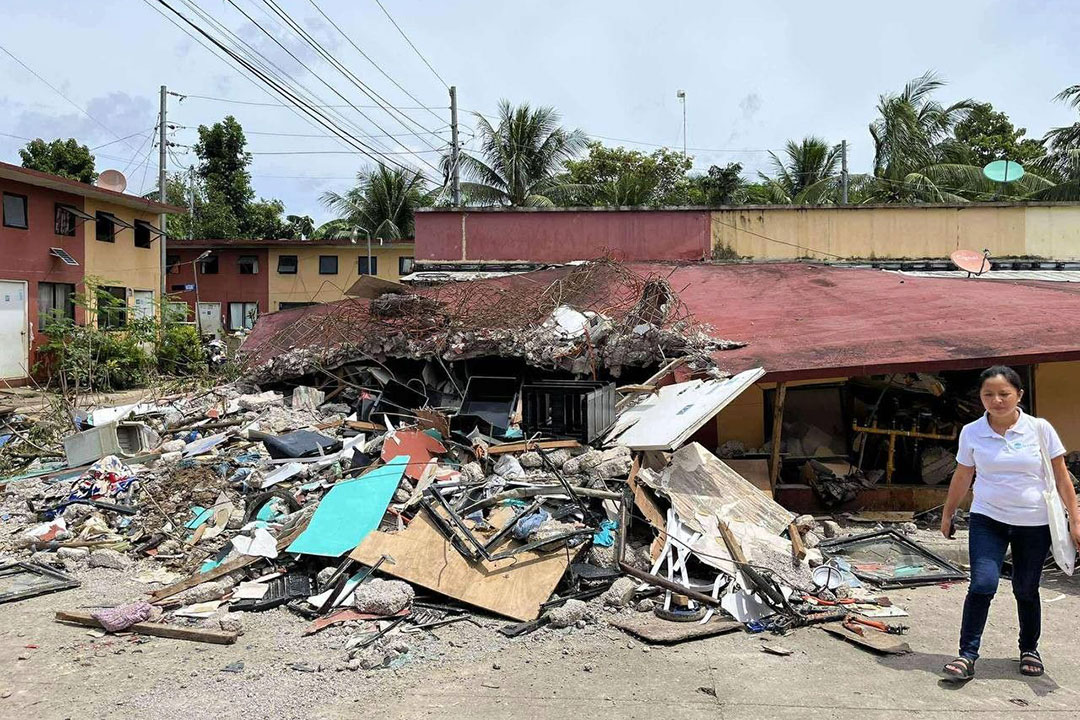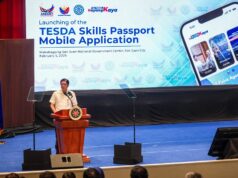DoLE sends out work-safety notice to employers after Cebu, Davao earthquakes

THE Department of Labor and Employment (DoLE) said companies need to strengthen their occupational safety and health programs in the wake of two strong earthquakes that hit Cebu and the Davao region.
In an appearance on DZMM on Thursday, Labor Secretary Bienvenido E. Laguesma said companies must implement occupational safety and health standards, including mandatory safety drills, hazard assessments and working in coordination with local government units.
“We must ensure no one works in unsafe conditions — workers labor to live, not to be put in danger,” he said.
He also reminded employers that under Labor Advisory No. 17, Series of 2022, workers cannot be forced to report for duty if their safety is at risk during natural disasters or weather disturbances.
Employees who have worked for more than six hours before being sent home must be paid in full, while those who put in less than full hours are entitled to prorated pay.
He also urged companies to establish professional safety programs led by trained safety officers to ensure orderly evacuation and the immediate inspection of structural integrity before workers return to buildings after a quake.
On Sept. 30, a magnitude 6.9 earthquake struck northern Cebu, about 19 kilometers northeast of Bogo City, at a depth of around five kilometers.
It left 72 people dead, hundreds injured, and thousands of homes damaged. More than 8,000 aftershocks were reported in the days that followed, and caused ground subsidence and sinkholes.
On Oct. 10, a pair of powerful quakes rocked Davao Oriental in southern Mindanao.
The first tremor, initially recorded as magnitude 7.6 and later revised to 7.4, was followed by another quake measuring around 6.7 to 6.8 hours later.
The epicenter was located off Manay, Davao Oriental, at a depth of roughly 23 kilometers. The doublet caused landslides, infrastructure damage, and casualties across the region, with more than 1,100 aftershocks recorded afterwards.
Mr. Laguesma encouraged employers to require face mask use in offices following a rise in flu and pneumonia cases that prompted several schools to suspend classes.
“If it will help reduce infections. We support it. Health and safety should go hand in hand,” he said.
The Department of Health, through Secretary Teodoro J. Herbosa, has clarified that although reports of influenza-like illnesses (ILI) are rising in public schools in Metro Manila, the increase reflects the normal seasonal flu pattern — not an outbreak.
Mr. Herbosa noted that the number of ILI cases logged from January to September (121,716) was actually 8% lower year on year.
He said the current totals have not surpassed the threshold needed to declare an epidemic. — Chloe Mari A. Hufana



